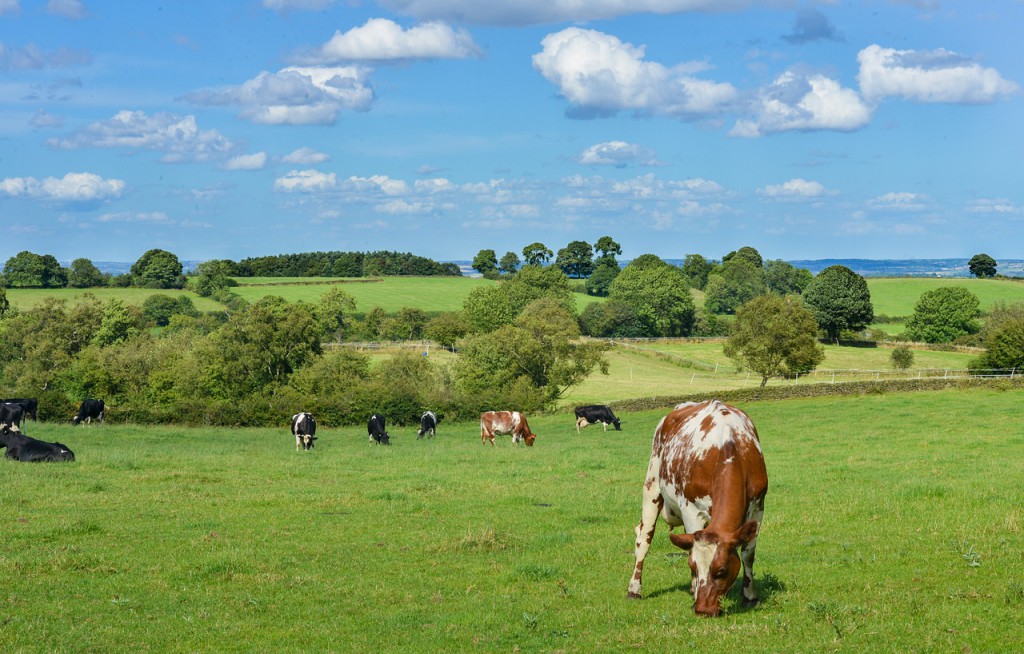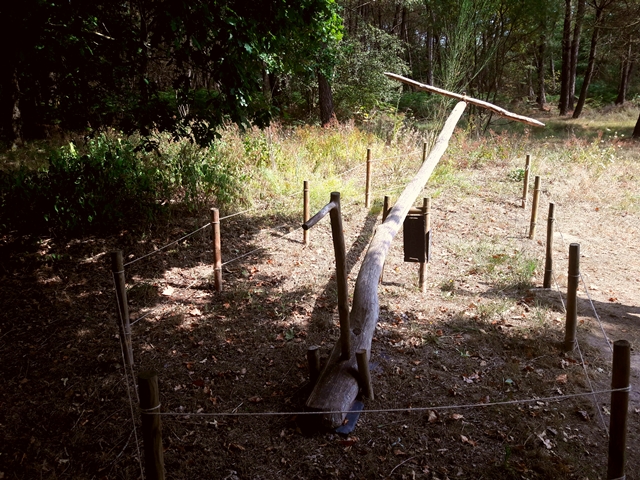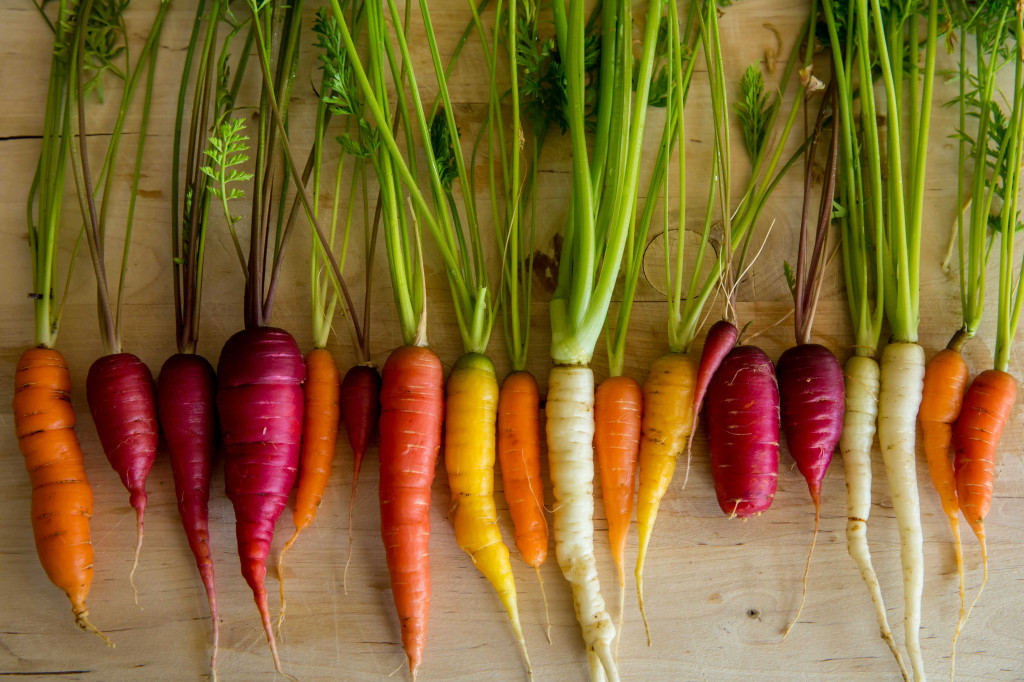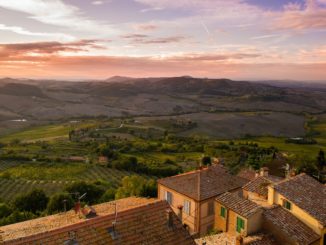There are some big and pressing topics in agri-food and for rural places. Some of these are ongoing – rural and farming depopulation, land access, agroecology, economic and ecological disparities in the Common Agricultural Policy – and others are new. So what’s new – and what’s worth covering in debate form?

When it comes to agri-food and a living countryside, its not just what’s new – there are also new iterations of old concerns. These new considerations include the role of increased digitisation and changing technology in farming. More pertinently, how digitisation and technology impact on ownership and power in farming is worth thinking about.
This is a subject area amplified by the internet of things and by the new terrain of rights and profit interconnected communications technologies generate. For example – why is it becoming increasingly difficult – though not impossible – for farmers to claim ownership of and to repair their own tractors? Imagine this scenario: tractors generate and collate data, much of it only available to the company, based on real time harvest. This allows the company – or others it sells the data onto – to bid on futures’ markets, thereby impacting the actual price of said harvest…for farmers! So how are farmers and others concerned with these developments responding to these changes?

Soil has become an increasing pertinent topic in agri-food, which is a undoubtedly a good thing. But what are the best management techniques for saving what we have and for building better soil? Organic, agroecological techniques have been shown to be of some benefit to soil – from carbon storage levels to more microbiology – but what is the organic farming response to the arguments of conventional reduced/minimum or zero/no till methods? These methods have been cited as climate smart solutions. However they typically involve the use of herbicides, including the increasingly controversial Roundup and its key ingredient, glyphosate. How do we balance different interests and imperatives? And can reduced tillage and agroecological approaches work together?
What of our old friend CAP? There are many considerations, but one worth exploring in greater detail may be financing. Not just Member States vs Europe, Pillar 1 vs Pillar 2, but, rather, the payments or otherwise farmers receive. Will we see a slow slide towards grants and loans for farmers, and a move away from direct supports? What role will insurance companies and other stakeholders play? How will public goods be provided in this context? And how will Brexit, security and migration impact on financing for farming and rural areas?

Along with the perennials outlined in the opening paragraph, this is just a small selection of new roots and shoots. We in ARC2020 want to offer a space for these and other key topics to be debated. In particular, we want stakeholders to engage with each other’s arguments, as we have done in our previous debates, on livestock, milk and CAP.
So what do you think – are these important areas to explore? What other topics you think we should address? And who should we engage to explore them? We are here to help you to get into the details of these and other fascinating topics.
So yes, we can act as a place to tease out these debates. Members of NGOs, CSOs, farmer organisations; academics, activists, and anyone concerned with food, farming and a living countryside –get in touch about your key concerns. Comment below, email, use facebook or twitter, use whatever method you want, but let’s get communicating!




